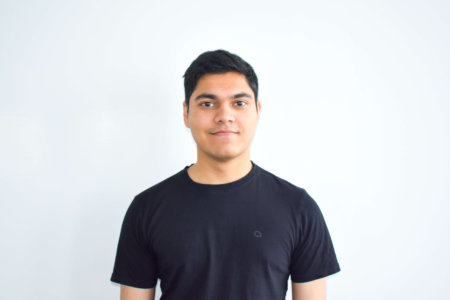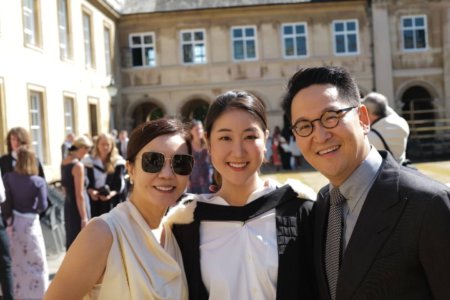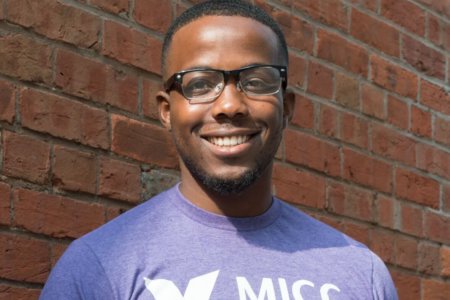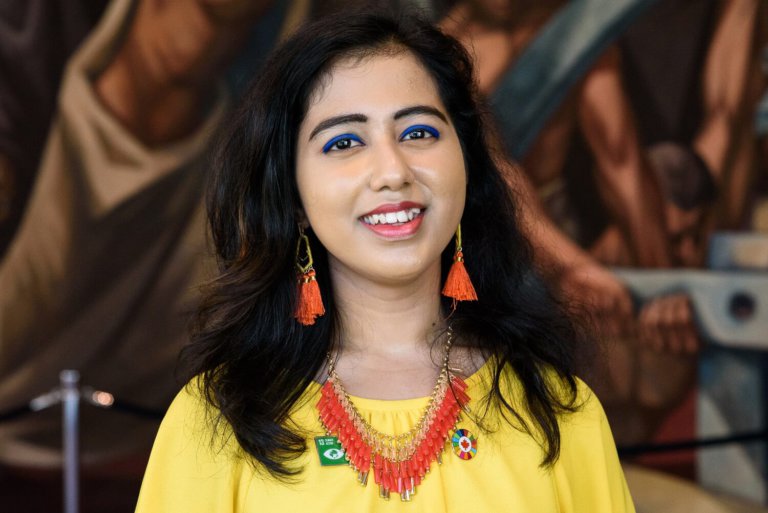
Founder-president of Green Hope Foundation, United Nations Humans Rights Champion, International Children’s Peace Prize Winner and one of Canada’s Top 100 Most Powerful Women. With these accolades, it is of little wonder that 19-year old Kehkashan Basu has made it to 2021’s Forbes 30 under 30 list. Green Hope Foundation is a youth sustainability organisation that aims to educate and empower 100,000 young people in 16 countries about the Sustainable Development Goals (SDGs).
It all started when Basu, then 12, was inspired by her grandmother’s rooftop garden in Kolkata. The Dubai-born teen founded Green Hope and later led several successful environmental projects, including planting 5,000 trees in Colombia, France, Mexico, Nepal, Oman and the US. She won the International Children’s Peace Prize for this in 2017 — education campaigner Malala Yousafzai won four years before and Greta Thunberg two years after.
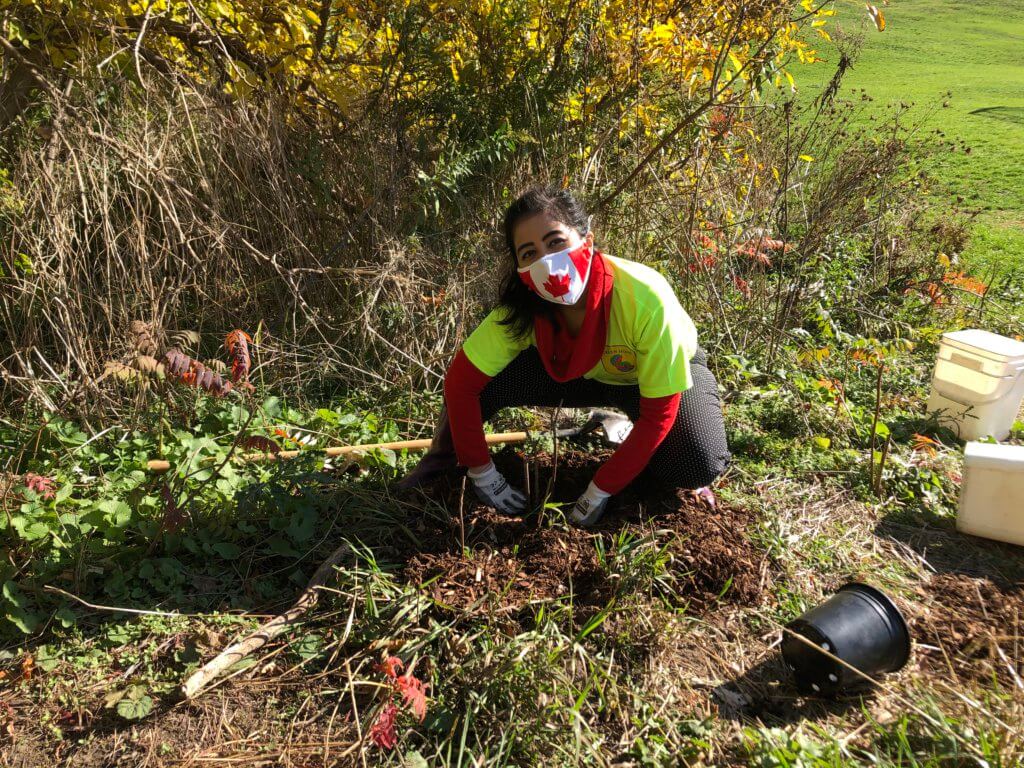
Green Hope Foundation aims to plant trees to help the world move towards a more green and sustainable path. Source: Kehkashan Basu
Today, Basu is a third-year student at the University of Toronto, majoring in Environmental Studies and minoring in Women and Gender studies alongside Physical and Environmental Geography — subjects she says that intertwine directly with her work as an advocate for human rights and the sustainability of this planet. Although she founded the Green Hope foundation at 12, Basu’s goal to make the world a greener place began even earlier. We reach out to her via email to find out more about her her awe-inspiring life:
From such a young age (eight years old), you’ve been working on children’s rights, gender equality, social upliftment and peace disarmament. Is there a particular reason as to why you advocate for the things listed above?
I began my journey after I saw an image of a dead bird with its belly full of plastic, which was deeply disturbing for me. It was also around the same time that I attended a lecture by environmentalist Robert Swan, whose words “The greatest threat to our planet is the belief that someone else will save it,” really resonated with me.
It was then I decided to start my sustainability journey by planting my first tree on my eighth birthday. I love reading and was a very curious child, hence, I started researching about other such atrocities that had been committed across the world — coming across the bombings of Hiroshima and Nagasaki, which made me realise how much nuclear weapons threatened our entire existence.
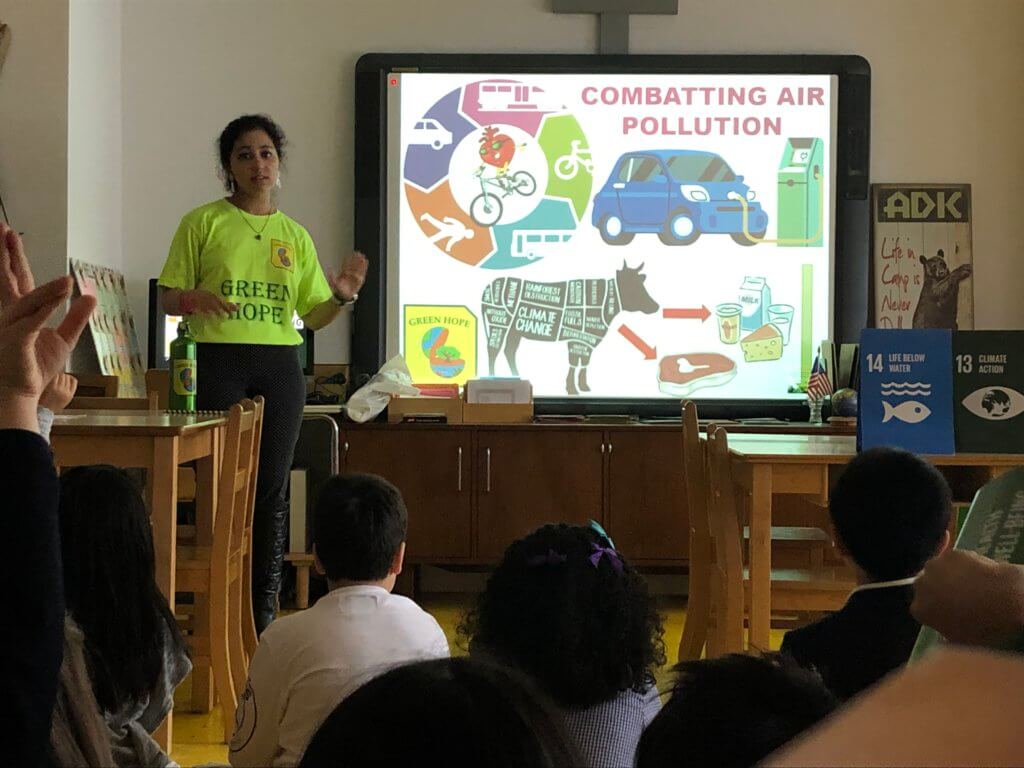
Aside from planting trees, Kehkashan Basu also teaches children who come from impoverished backgrounds. Source: Kehkashan Basu
I am a sustainability advocate, and therefore, I work on all aspects of sustainability because all our world’s challenges are interconnected.
What was the Green Hope Foundation inspired by? Walk us through how it helps in terms of sustainability and education.
I founded the Green Hope Foundation on my return from Rio+20 in 2012 because I realised that there was a severe lack of inclusivity of children in the development sustainability process.
The Green Hope Foundation uses education for sustainable development, and STEM education as a transformative tool to provide children and youth with the skill sets to think and act for a sustainable future.
We do this through non-formal methods of communication like art, dance and music, especially when we work in the marginalised communities where children don’t have proper education. For instance, Syrian and Rohingya refugee camps, homes for HIV+ children, orphanages, and homes for children of prisoners.
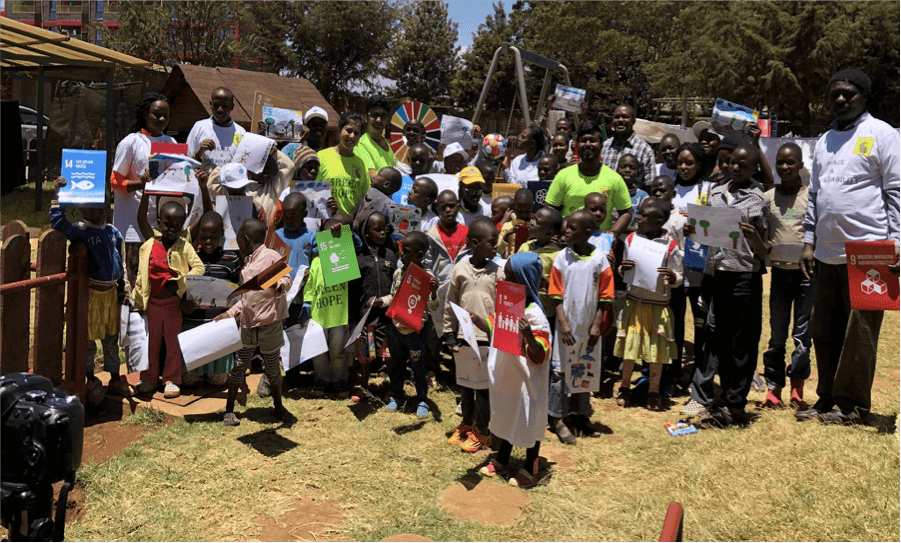
Green Hope Foundation with kids in Kenya. Source: Kehkashan Basu
We also partnered with Canada’s largest school board and Dubai’s education board, where we provide education for sustainable development to the students, incorporating it into the curriculum.
Out of the many awards that you’ve won, which cause stood out for you the most and why?
Each award came about in my life as a recognition of my work, so they are all extremely important to me. I would say that being under Forbes 30 Under 30, winning the International Children’s Peace Prize, and being the first ever winner of the Voices Youth Gorbachev-Schultz Legacy Award for my work on nuclear disarmament, really stood out.
The last one, in particular, because it gave me the platform to work harder on my sustainability goals for this planet and to also work on overall peace.
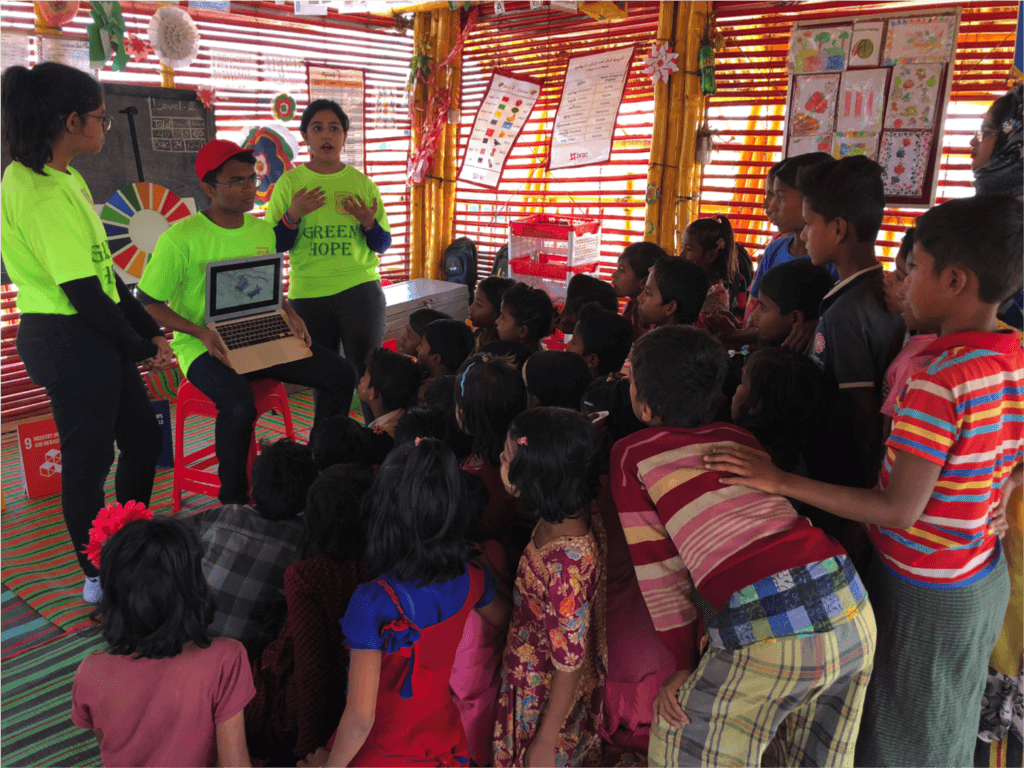
Here Kehkashan Basu with Green Hope Foundation educates Rohingya refugee children. Source: Kehkashan Basu
Would you agree that you are comparable to Greta Thunberg with the aim of doing good for this planet? What future goals do you hope to achieve with Green Hope Foundation?
Every individual who works for the betterment of our planet has their own way of doing it. My work is entirely on the ground, working with children and youth who are the most affected by climate-change induced disasters, war and strife.
Additionally, for the youth for whom education is a privilege, who cannot strike and protest like in the Western world because they don’t have food to eat or a proper home. I wouldn’t compare myself with anyone because my work is unique, as is everyone else’s.
Instead, we need to find solutions to problems that exist in different parts of the world. What works in the Western world does not work everywhere else. We must not impose our views and practices just because the media promotes that.
The Green Hope Foundation’s work is entirely based on localising the SDGs. I want my foundation to be in every country in the world, not just tokenistically, but where every single person adopts a life of sustainability.
Do you think studying in Toronto has helped you in developing your thinking towards your sustainable development goals?
My current major in Environmental Studies and minor in Women and Gender Studies and Physical and Environmental Geography absolutely help in my plans for sustainability. As all these courses are related to implementing SDGs, and both my work and courses complement each other.

At a conference at the University of Toronto. Source: Kehkashan Basu
Do you have any advice for international students and children with big dreams?
If you are hardworking, honest, passionate and optimistic, nothing can stop you from achieving your dreams. Don’t follow someone else’s way of doing things just because there is a media hype around it — choose your own path and you will reach your own destination. But do it with honest, hard work.
At Green Hope Foundation, we work extremely hard to bring a smile on the faces of children across the world, irrespective of the country or region they are in.
Do you have any advice for the environmental impact we are currently facing? What is one thing you practise most to be more sustainable and something we can all learn to implement in our everyday lives?
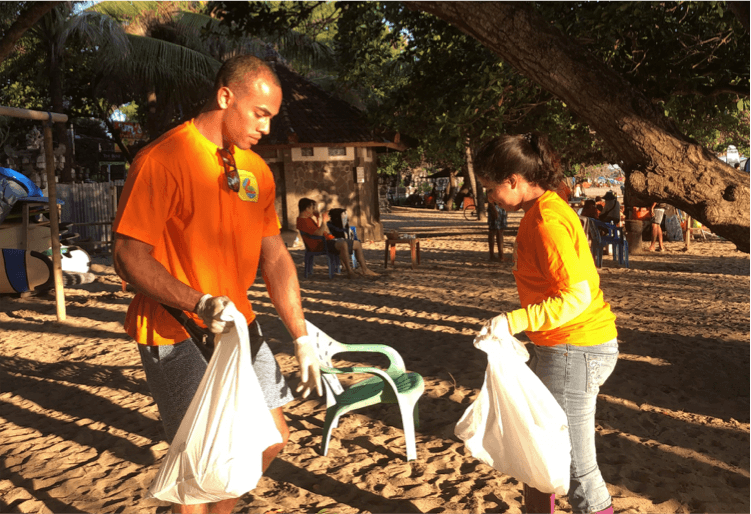
Green Hope Foundation is making big impact on sustainability for our planet, every little helps. Source: Kehkashan Basu
We have to start with ourselves — practise what you preach. Only once we start working to protect the planet, we can tell others to do the same. If every person does their bit, then I am sure that we will be able to achieve sustainability in this world.
Personally, I always ensure that I use metal or bamboo straws in my daily life. I even carry my own reusable straws with me so that I never have to use plastic ones, I would highly recommend that practice.








